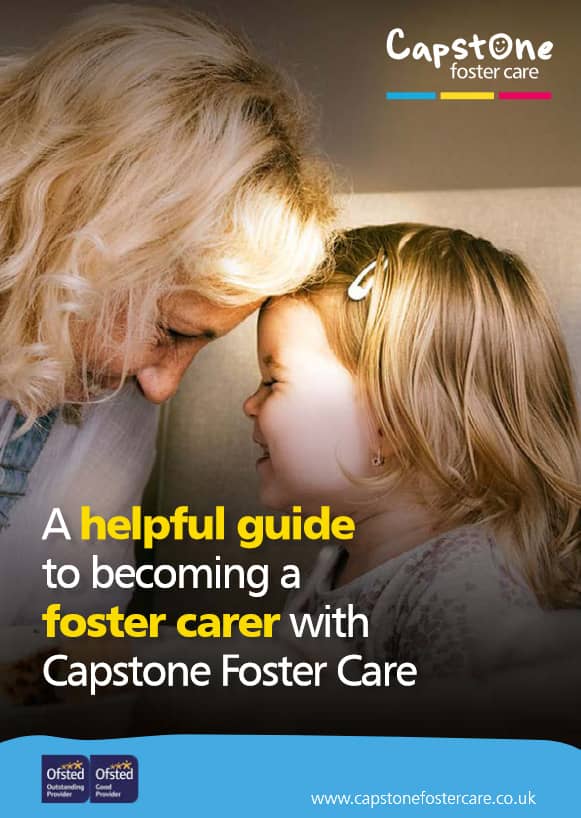


20th June, 2018
Denise and Steven Bassett currently have two unaccompanied minors in placement. Fostering unaccompanied minors is something they are both passionate about and want to highlight the need for this type of fostering. We recently interview Denise and Steve and here’s what they had say about unaccompanied and asylum seeking placements.
We knew a foster carer and they seemed to really enjoy it which is what encouraged us. We did a lot of research as the location needed to be good and we wanted an agency that had a family feel. We felt it was important to be a ‘someone’ and not a ‘something’. After doing our research we narrowed it down to two agencies and then after consideration we decided to go with Capstone.
No, the two we currently have in placement are both unaccompanied minors but our previous placements before that weren’t. Our first unaccompanied minor was placed with us as an emergency placement five years ago and he has been with us ever since. Our second placement has been with us for just over three months and already feels part of the family. Both are now starting to build a lovely friendship with each other.
I was called by the out of hours social worker from Capstone with the emergency placement. The first thing that came to my mind was to say ‘no’ because I had so many questions. There was a fear of the unknown, but then I thought about it and decided to give it a chance and go for it. So, we said yes and then I immediately rang a friend who I knew had experience with unaccompanied minors, to ask some questions. Some advice I would give to any foster carer taking these placements is to talk to the young person’s social worker, if possible. They will know the most about them and can answer your initial questions immediately, as the information you receive may only be a name and an age.
We would say the language barrier is initially the most difficult part. It is the biggest thing because it affects everything from what food they like to what clothes they wear. The quicker you can find a way of communicating the better. It can be quite funny in the beginning and we did use Google Translate a lot, although sometimes this doesn’t translate as you want it to, so you must be careful. When our young person did start speaking English, we gave him a book and asked him to read a page and underline any words he did not know or understand. We would then sit together, and he would read what he could, and I would help him sound out the words he didn’t know.
The prospect of the unknown is so daunting, but you must imagine how they are feeling. As daunting as it is for us, it is incredibly overwhelming for them. Can you imagine landing in a country you don’t know, where you can’t speak the language? It would be so frightening. Don’t look at it like it is going to be trouble, think about what they must have been through to get here. Don’t say no, say ‘how can I help and how can Capstone help me, to help them’, because they need us and honestly, they are an absolute pleasure and I love it.
You need to understand that things are different for them culturally, so they may do things that you don’t understand. You must teach them the small things and some of them may need a good structure and routine to cope. Small goals and responsibilities can be helpful in bringing them out of their shell. I would also suggest getting them into a mainstream school as quickly as possible as this is where they learn social skills and how to interact with others. You just need to be supportive and be available for them at that any time, as you are all they have. It’s also worth noting that you can always contact the Refugee Council and they can support you with any questions you have, and a translator can be useful when going into meetings.
These two unaccompanied minors are two of the best placements we have ever had, they are amazing. Like all placements, it has its challenges, but it is so worth it and is very rewarding. You become a foster carer to give a child a better experience in life, and that’s what you need to do. Help them to be positive and to have the same chances as us. Just give it a chance!
If you’ve got any questions or would like to find out more about fostering with Capstone, fill out the form below.
An experienced fostering advisor from your local area will then be in touch.
By signing up, you will receive our latest fostering stories every two months.

Start the conversation today. Our team of friendly advisors are on hand to answer any foster care questions you may have. We can offer you honest and practical advice that can help you decide if becoming a foster carer is the right path for you.


